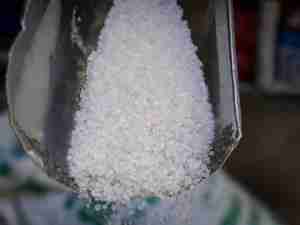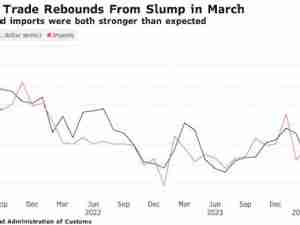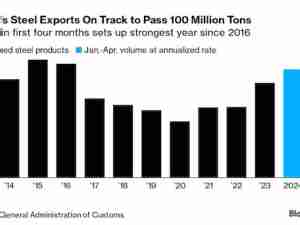American Beef Shipments to Japan Bypass Tariff Roadblock
By: Connor Cislo and Maiko Takahashi | Oct 12 2017 at 04:00 PM | International Trade
U.S. and Japanese officials may avoid trading barbs over beef at the U.S.-Japan economic dialogue on Oct. 16, despite Donald Trump’s preoccupation with trade deficits and a recently raised tariff in Japan.
That’s because U.S. beef sales to Japan actually rose by more than 20 percent in August from a year earlier, even after Japan raised the tariff on frozen beef imports from some countries to 50 percent from 38.5 percent on Aug. 1. A surge in Japan’s imports of chilled and fresh beef from the U.S. more than offset a decline in frozen beef imports.
The higher tariff, triggered by a surge in Japan’s overall imports of frozen beef, has threatened to become an irritant in U.S.-Japan relations. After it was announced, U.S. Secretary of Agriculture Sonny Perdue asked the Japanese government to address U.S. concerns about its trade deficit with Japan. And Craig Uden, president of the National Cattlemen’s Beef Association, said the group was “very disappointed,” highlighting an “urgent need” for a bilateral trade agreement between the two countries.
The higher tariff, in effect until the end of March, applies to frozen beef from countries that don’t have economic partnership agreements with Japan, such as the U.S., but not rival exporter Australia, which does.
Yet with its total imports of U.S. beef rising, Japan can argue that beef doesn’t warrant extra scrutiny when officials meet in Washington, and can deflect pressure from U.S. industry organizations like Uden’s for a bilateral agreement.
Less friction over beef would be welcome news for beef-bowl restaurant Yoshinoya. More than 90 percent of the beef it uses comes from the U.S., according the company. The chain says it’s not considering any changes in prices or serving sizes.









